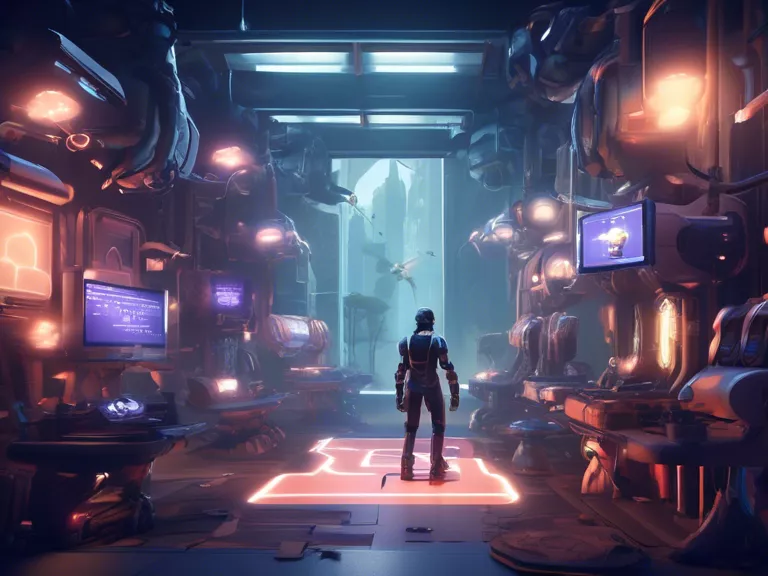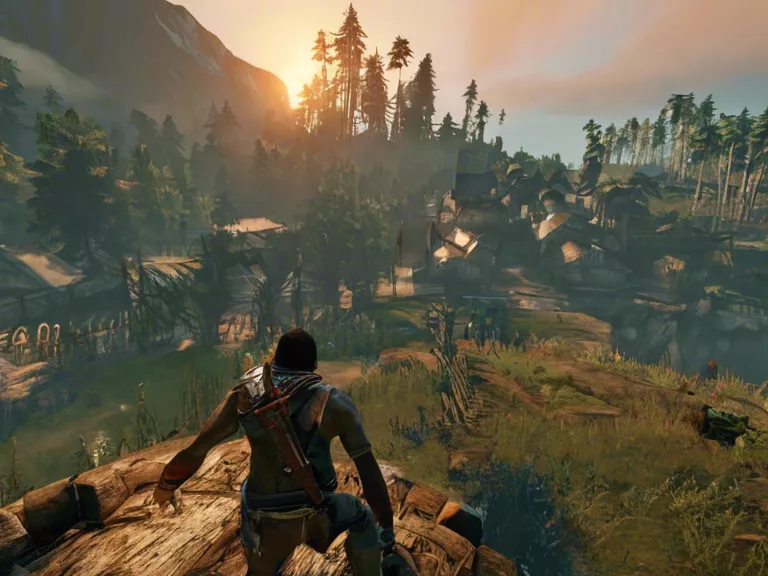
AI technology has revolutionized the gaming industry by allowing developers to create intelligent game environments that adapt to player behavior. Gone are the days of static levels and predictable enemy movements. With AI, games can now dynamically adjust and respond to the actions of each individual player, providing a personalized and immersive gaming experience. In this article, we will explore how developers can harness the power of AI to create intelligent game environments that keep players engaged and entertained.
One of the key ways AI is used in gaming is through the implementation of adaptive difficulty levels. Traditional games often have fixed difficulty settings that can make the game too easy or too challenging for certain players. AI algorithms, however, can analyze player behavior in real-time and adjust the difficulty level accordingly. For example, if a player is struggling with a particular section of the game, the AI can automatically reduce the difficulty to help them progress. On the other hand, if a player is breezing through the game, the AI can ramp up the challenge to keep them on their toes.
AI can also be used to create more realistic and lifelike non-player characters (NPCs) that interact with the player in a more natural way. Instead of following pre-programmed scripts, AI-powered NPCs can learn from the player's actions and adapt their behavior accordingly. For instance, in a role-playing game, NPCs could respond differently to the player based on their alignment or previous choices. This creates a more dynamic and immersive gaming experience where the player's decisions truly matter.
Furthermore, AI can be utilized to generate procedurally generated content that keeps the game world fresh and exciting. By analyzing the player's preferences and playstyle, AI algorithms can create new levels, quests, and challenges that cater to their unique preferences. This ensures that no two playthroughs are exactly the same, adding replay value to the game and keeping players engaged in the long run.
In conclusion, AI technology has opened up a world of possibilities for developers looking to create intelligent game environments that adapt to player behavior. By utilizing AI algorithms to dynamically adjust difficulty levels, create lifelike NPCs, and generate procedurally generated content, developers can provide players with a personalized and immersive gaming experience that keeps them coming back for more.



